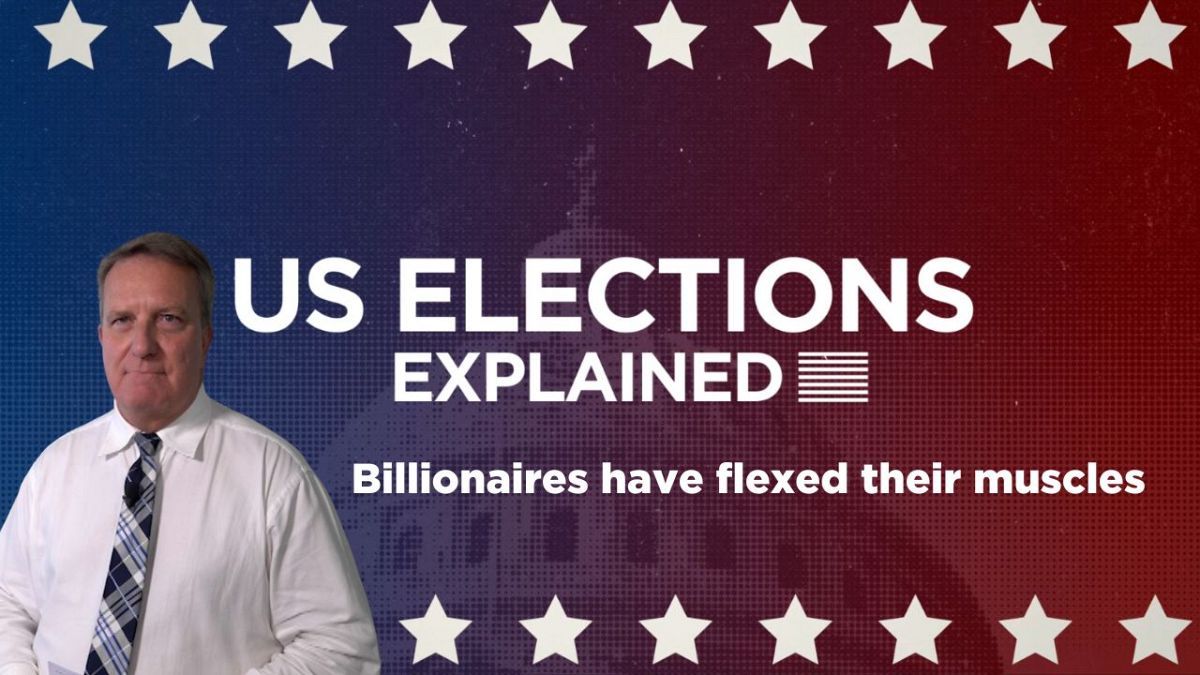As the US election approaches, it is becoming clear that some individuals have a lot more at stake than others. This election cycle has seen billionaires play a significant role in shaping the outcome, with 150 wealthy families spending a total of $1.9 billion to support presidential and congressional candidates. This represents a 58% increase from four years ago, showing the growing influence of money in politics. Donald Trump’s campaign has received $570 million from these billionaires, while Kamala Harris has received $130 million, with notable contributions from Bill Gates and Michael Bloomberg.
One of the most prominent billionaire supporters of Trump is Elon Musk, who has poured at least $118 million into a pro-Trump Super PAC. This highlights the power that wealthy individuals have in shaping political outcomes, as their financial contributions can sway elections in their favor. However, it remains to be seen whether these investments will pay off for the billionaires, or whether they will end up squandering their fortunes.
The unequal distribution of wealth and influence in politics raises questions about the fairness of the electoral process. While the idea of “one man, one vote” is often touted as the cornerstone of democracy, the reality is that some voters have far more influence than others due to their wealth. This disparity in political power reinforces the need for campaign finance reform to level the playing field and ensure that all voices are heard, not just those of the wealthy elite.
The upcoming election will be a test of the influence that money can have in shaping political outcomes. Will the billions spent by wealthy donors make a difference in determining the next president and congressional representatives? Or will voters reject the notion that money can buy elections and choose candidates based on their policies and values? The answer to these questions will have far-reaching implications for the future of American democracy and the role of money in politics.
Regardless of the outcome of the election, the influence of billionaires in shaping political outcomes is a cause for concern. The growing concentration of wealth and power in the hands of a few individuals threatens to undermine the principles of democracy and create a system where the voices of the wealthy are prioritized over those of the majority. It is essential for voters to be aware of the influence that money can have in politics and to demand transparency and accountability from their elected officials to ensure that the interests of ordinary citizens are represented.
As the election approaches, the role of billionaires in shaping the outcome will continue to be a topic of debate and scrutiny. The unequal distribution of wealth and influence in politics raises questions about the fairness of the electoral process and the need for campaign finance reform. It remains to be seen whether the billions spent by wealthy donors will ultimately determine the outcome of the election, or whether voters will reject the influence of money in politics and prioritize candidates who represent their values and interests.










